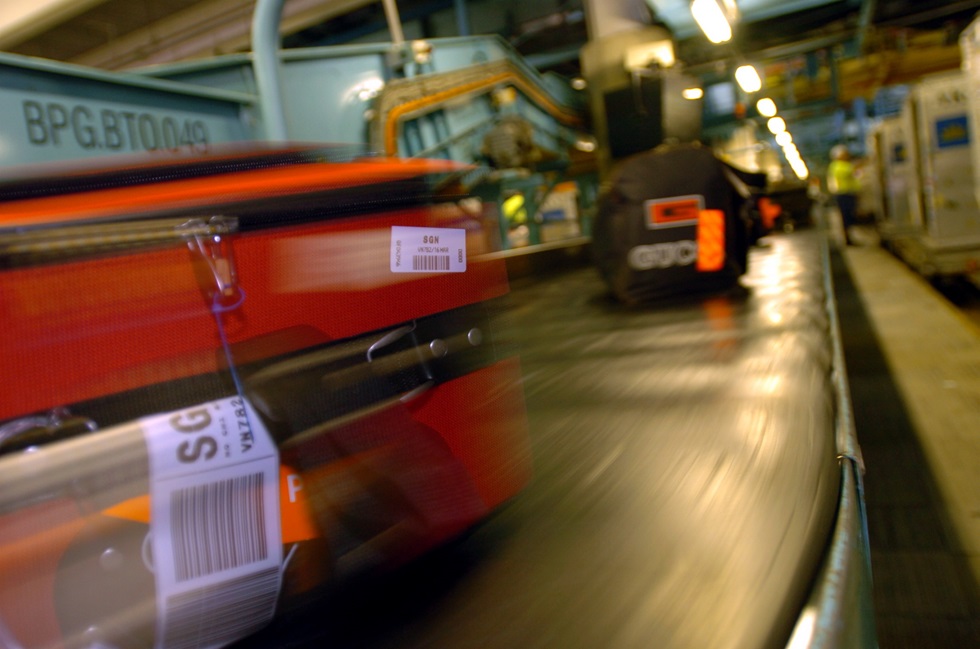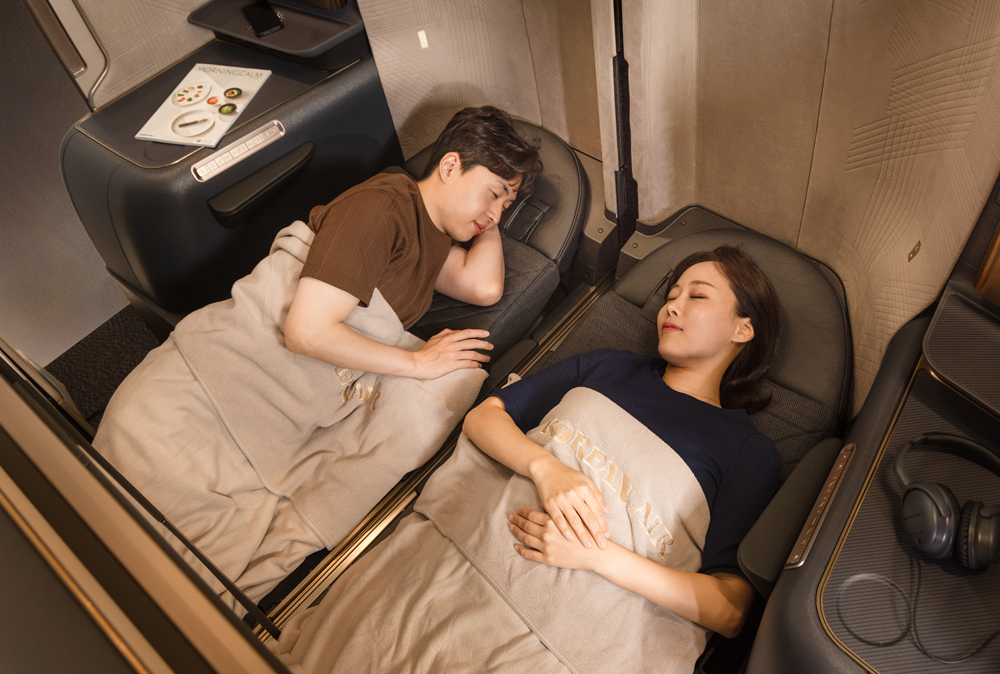Bag tracking technology could save airlines $US3 billion
19 October, 2016
3 min read


Airlines are being urged to introduce technology which will see fewer bags lost while saving them money.
A new report estimates that using radio frequency identification technology to track bags could save airlines $US3 billion over the next seven years and reduce the number of mishandled bags by 22 per cent by 2022. The figure assumes RFID is deployed at 722 airports, representing 95 per cent of passengers globally, by 2021.
Radio Frequency Indentification (RFID) tags allows airlines to accurately track bags in real time at key points of a journey and airlines which have already deployed the technology, such as US carrier Delta Air Lines, have seen a 99 per cent success rate for tracking luggage. Delta also found the technology provided it with more data and tracking information.
The report by the International Air Transport Association and global technology provider SITA said RFID would address mishandling of bags during transfer from one flight to another by ensuring ground handlers could track bags more efficiently.
It could be deployed for less than 10 US cents a passenger but generates savings of more than 20 US cents per passenger, the report said.
Although baggage operations have dramatically improved over the past seven years, mishandled bags still cost the industry $US2.3 billion annually and a major frustration for passengers.
About 23 million bags were mishandled last year, down from 47 million in 2007 despite a sharp increase in passenger numbers. SITA estimates this has already saved the industry $22.4 billion.
Ultra high frequency RFID has been the standard for airline baggage since 2005 and has a number of advantages over the traditional barcode used to track luggage: it is not line of sight, it has a greater range, a high read speed, ruggedness and low cost.
Yet it is compatible with the existing technology and the report suggests one area barcodes could remain the best choice is in sorting bags because a system needs to know which particular label has been read at an exact point.
Officials releasing the report in Dubai noted that RFID supported IATA’s Resolution 753 requiring that by 2018 airlines keep track of every item of baggage throughout its journey by focusing on four events. These events are the handover of the bag from the passenger, the loading of the bag on the aircraft, unloading and transfer and the unloading during the arrivals process.
“ Deploying RFID globally will increase accuracy and reduce mishandling rates, said SITA chief technology officer Jim Peters. “This is a win-win situation – passengers will be happier, operations will run smoother and airlines will save billions of dollars.”
IATA head of global baggage operations Andrew Price said there had been more work in recent years to help airlines reap the benefits of RFID technology,
“The advances in the technology and the immense benefits it brings to the airline industry has prompted IATA to revisit and fully explore the benefits of RFID today,’’ he said.
Next Article
Qantas triples profit but misses mark

Get the latest news and updates straight to your inbox
No spam, no hassle, no fuss, just airline news direct to you.
By joining our newsletter, you agree to our Privacy Policy
Find us on social media
Comments
No comments yet, be the first to write one.
